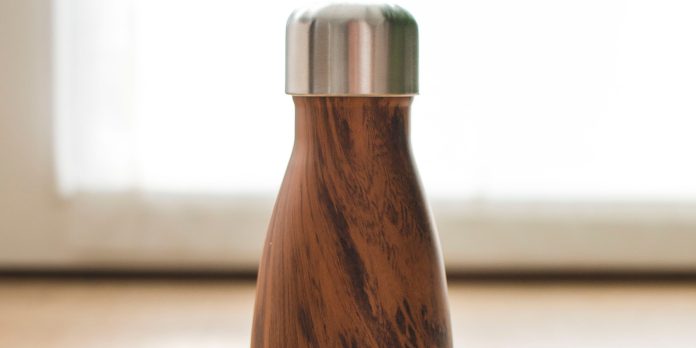Reusable water bottles have become increasingly popular due to their environmental benefits and convenience. When choosing a reusable water bottle, the material it’s made from plays a significant role in its performance and suitability for various needs.
In this comparison, we will explore different materials commonly used for reusable water bottles to help you make an informed choice.
Plastic Bottles
Pros:
- Affordability: Plastic bottles are often the most budget-friendly option, making them accessible to a wide range of consumers.
- Lightweight: Plastic bottles are lightweight and easy to carry, making them ideal for everyday use and outdoor activities.
- Durability: High-quality plastic bottles can be quite durable and resistant to impact.
Cons:
- Environmental Impact: Plastic bottles can contribute to plastic pollution if not properly recycled.
- Potential Leaching: Some plastic bottles may leach chemicals into the water when exposed to high temperatures or extended use.
- Not Ideal for Hot Liquids: Plastic bottles are not suitable for hot liquids as they can warp or release harmful substances.
Stainless steel bottles
Pros:
- Durability: Stainless steel bottles are highly durable, resistant to rust, and can withstand impacts.
- Insulation: Many stainless steel bottles offer excellent insulation for both hot and cold liquids.
- Safety: Stainless steel is generally considered safe and does not leach harmful chemicals.
Cons:
- Heavier: Stainless steel bottles are heavier than their plastic counterparts, which can be less convenient for some users.
- Cost: They tend to be more expensive upfront compared to plastic bottles.
- Not Transparent: Stainless steel bottles are not transparent, so you cannot see the content inside.
Glass Bottles
Pros:
- Purity: Glass is a non-porous material, ensuring that it does not absorb or release any flavors or chemicals into the contents.
- Eco-Friendly: Glass is recyclable and considered one of the most environmentally friendly materials.
- Transparency: You can easily see the liquid inside, which can be appealing to some users.
Cons:
- Fragility: Glass bottles are fragile and can break easily if dropped, making them less suitable for active outdoor activities.
- Heavier: Like stainless steel, glass bottles are heavier than plastic ones.
- Limited Insulation: Glass does not offer as good insulation as stainless steel, so it may not keep beverages as hot or cold for as long.
Aluminum Bottles
Pros:
- Lightweight: Aluminum bottles are lightweight, making them ideal for on-the-go use and outdoor activities.
- Durability: They are resistant to rust and corrosion, making them long-lasting.
- Recyclable: Aluminum is highly recyclable and can be reused to create new products.
Cons:
- Lack of Insulation: Most aluminum bottles do not offer insulation, so they may not keep beverages at the desired temperature for extended periods.
- Metallic Taste: Some users may detect a metallic taste in their beverages when using aluminum bottles.
- Potential Coating Issues: Some aluminum bottles have coatings that can wear off over time.
Conclusion
The choice of material for your reusable water bottle depends on your specific needs and priorities. If affordability and lightweight convenience are your primary concerns, plastic bottles may be suitable. For durability and insulation, stainless steel is a solid choice. Glass offers purity and eco-friendliness but is more fragile. Aluminum combines lightness and recyclability but may lack insulation. Ultimately, the best material for your reusable water bottle will depend on your personal preferences, intended use, and environmental considerations.



